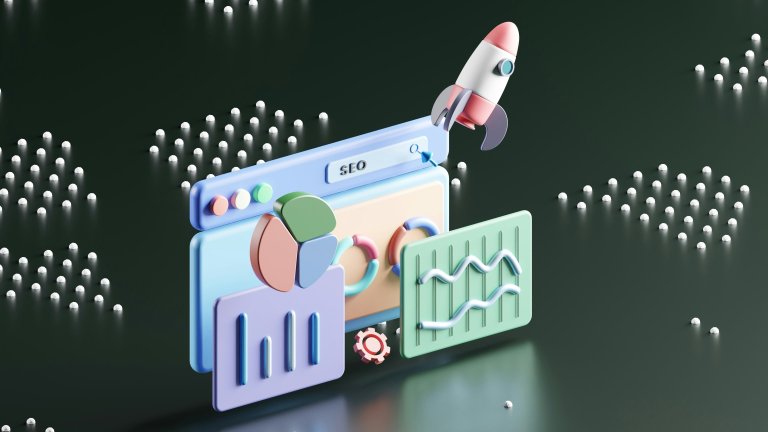Education and Solution
Education is the foundation of a developed society. It is the key to unlocking the potential of individuals and creating a prosperous and productive nation. It is through education that people acquire knowledge, skills, and values that equip them to face the challenges of the world. However, in recent times, education has also become a source of some of the biggest issues and problems that we face. In this article, we will explore the relationship between education and solutions to these problems.
The Current State of Education
Today, education is widely accessible to people all around the world. Governments and organizations have recognized the importance of education and have taken steps to provide it to everyone. However, this does not necessarily mean that the quality of education is the same for everyone. In many parts of the world, access to education is limited, and the education system is flawed. We see a stark difference in the quality of education between developing and developed countries.
In developed countries, education is highly structured, and there is a well-designed curriculum in place. However, even in these developed countries, students face a lot of pressure to succeed academically, and the education system is becoming more competitive than ever. This is leading to issues like high-stress levels, mental health problems, and a lack of creativity and critical thinking skills.
In developing countries, the accessibility and quality of education are major concerns. Many children are unable to attend school due to various reasons like poverty, lack of infrastructure, and discrimination. Moreover, the curriculum and teaching methods are often outdated, and students do not have access to the resources and technology that can enhance their learning.
The Impact of Education on Society
The state of education has a significant impact on society as a whole. Education is linked to economic, social, and cultural development. It can reduce poverty, increase employment opportunities, improve health, and promote gender equality. It also has the power to shape the values and beliefs of individuals, leading to a more tolerant and harmonious society. Good education equips people with the skills they need to contribute to the growth and progress of their communities and country.
On the other hand, a flawed education system can have damaging consequences. The lack of quality education can lead to high levels of unemployment, inequality, and social unrest. Moreover, an education system that only focuses on grades and academic success creates a society of individuals who lack essential life skills and struggle to adapt to the changing world.
Education as a Solution
The problems we face in society today, like poverty, discrimination, and environmental issues, can all be addressed through education. Education is a powerful tool that can be used to bring about change and find solutions to these problems.
Firstly, education can promote equality and inclusivity. By providing quality education to all, regardless of their background or social status, we can break the cycle of poverty and promote social equality. Education can also challenge and change societal norms and biases, promoting a more inclusive and accepting society.
Secondly, education can contribute to economic growth and development. By providing students with the necessary skills and knowledge, we can create a skilled workforce that can drive innovation and boost the economy. Education can also help create job opportunities and reduce unemployment rates, leading to a more prosperous society.
Thirdly, education can play a crucial role in finding solutions to environmental issues. By educating people on sustainability and environmental protection, we can create a generation of individuals who are mindful of their impact on the planet. Education can also promote research and innovation in fields like renewable energy and sustainable agriculture, leading to long-term solutions for environmental problems.
The Need for Education Reform
To fully realize the potential of education as a solution to our problems, there is a need for education reform. The education system must evolve to meet the changing needs of the world and prepare students for the challenges they will face. This includes shifting the focus from solely academic success to developing well-rounded individuals who have critical thinking, communication, and problem-solving skills.
Governments and organizations must also work towards providing equal access to quality education for everyone. This includes investing in infrastructure, technology, and resources, particularly in developing countries. Moreover, the curriculum must be continuously updated and adapted to teach students about current issues like climate change and social justice.
The Role of Individuals in Promoting Education
While governments and organizations play a crucial role in promoting education, individuals also have a responsibility. Parents must support their children’s education and instill in them the importance of learning. They must also advocate for a better education system and hold authorities accountable for providing quality education.
Students also have a role to play in their education. They must take responsibility for their learning and strive to develop the skills and knowledge necessary to tackle real-world problems. They can also become agents of change by educating themselves and spreading awareness about issues that need attention.
In Conclusion
Education is essential for creating a better world for ourselves and future generations. It has the power to solve some of the most pressing problems we face today. However, to fully utilize this potential, we must work towards creating a better education system and ensuring equal access to quality education for all. Only then can we truly harness the power of education as a solution and pave the way for a brighter future.










